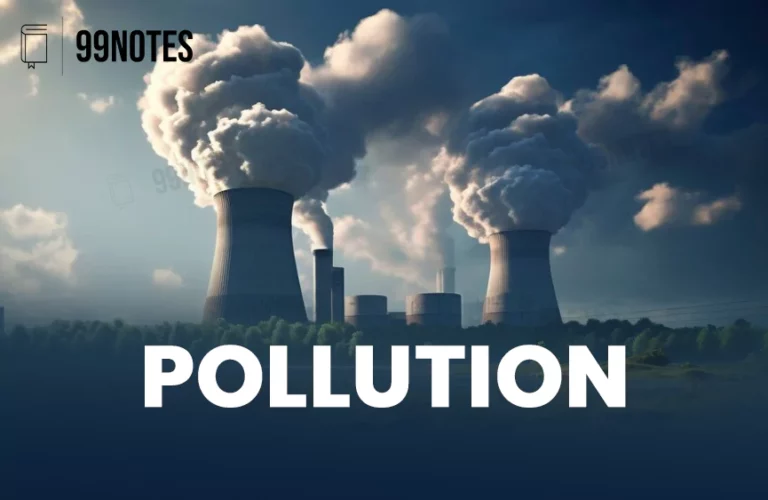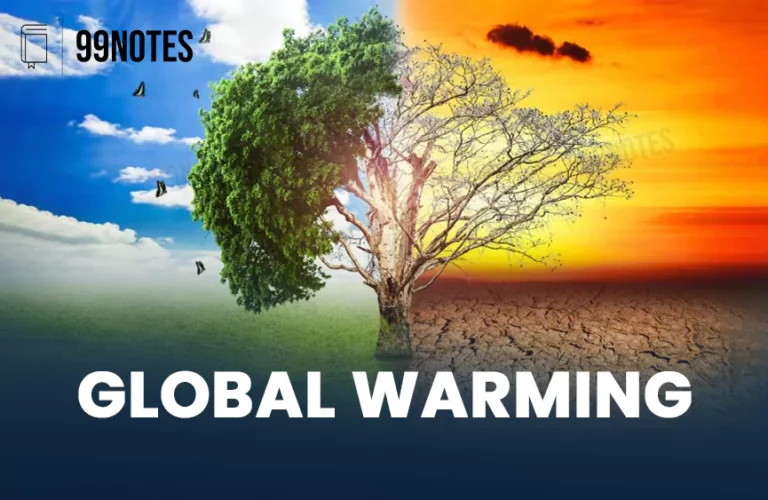Pollution
Pollution is defined as the accumulation of substances or forms of energy in an environment in quantities or at flow rates, which exceed an ecosystem’s capacity to either neutralise or disperse them to harmless levels. (RF Dasmann – 1975). What do the terms used in this definition mean? Pollution can happen through various mediums, such…


